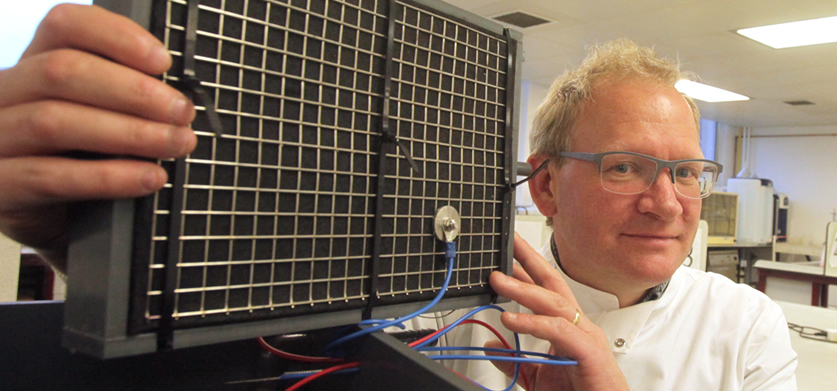Vision
Our vision is for a more sustainable society. We believe that advances in biological systems can lead to more sustainable technologies which would benefit people globally. These new applications could be used in areas as diverse as the environment, energy, materials, and health.

Our research tests the idea that open engineered biological systems, such as water purification plants, operate on a series of universal principles that can be captured, coded and used in design.
If successful, these research findings would be applied in the real world, allowing us to engineer new systems using of natural or synthetic organisms. This could be used to create:
- New sources of power from waste materials
- More sustainable technology through recycling of water and other resources
- New products produced using biological methods
- Fewer issues with existing technologies
- Materials which last longer, leading to breakthroughs like self-repairing pipes
- Lower risk of environmental issues, such as spillage from ships and soured oil wells
From theory to practice
To achieve our vision, we need to move from theoretical ideas to real-world uses.
At present, in the field of engineering biology, there is a gap between the ideas and the reality. This project will work to bridge that gap by using mathematical models and scientific principles backed by state-of-the art distributed computing power.
Rather than working in the clean world of the laboratory, we’ll be working in uncontrolled, real world environments. This allows us to work with species of bacteria that won’t even grow in the lab, as well as ensuring that the work we do is applicable in industry.
Though each engineered system is different, its simulation could be grounded in one strategy that looks at the effects of natural and synthetic organisms. If we can verify those simulations, we can use them in design.
